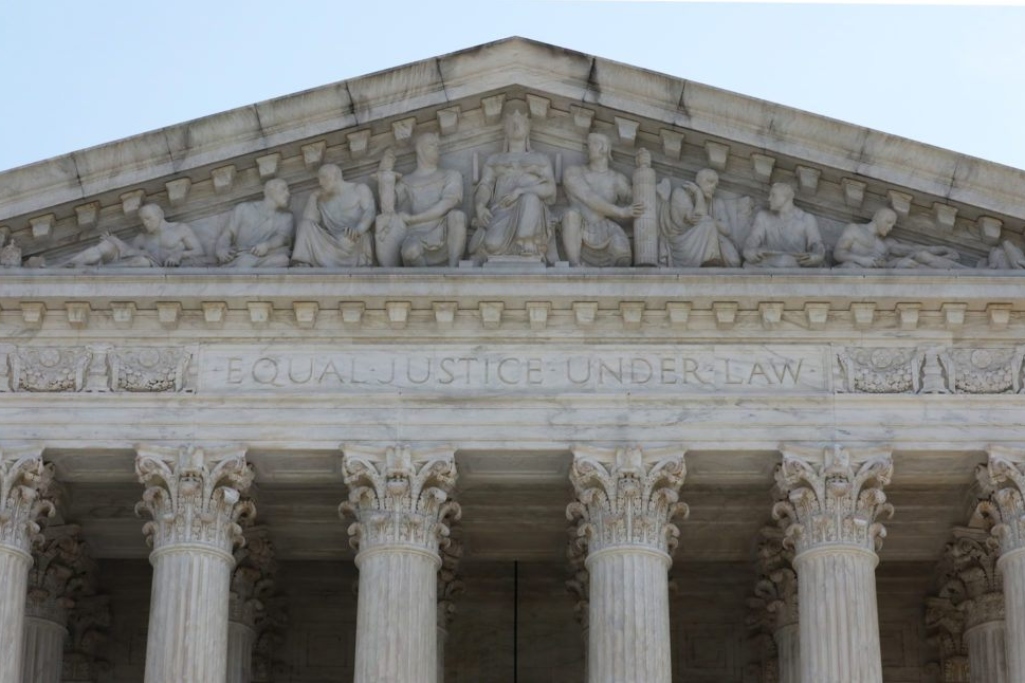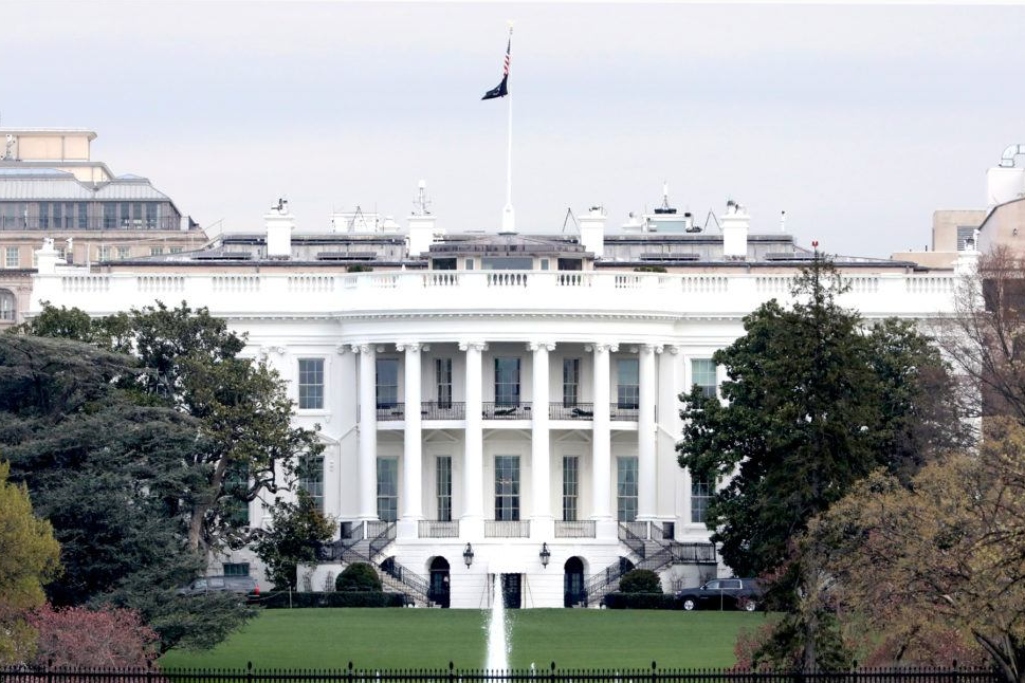
The U.S. Supreme Court.
WASHINGTON (BP) — In a 5-4 vote, the U.S. Supreme Court (SCOTUS) sent the case of Idaho and Moyle v. U.S. back to the Ninth Circuit Court in a ruling released today. The case involves a conflict between state law and the Biden Administration’s Emergency Medical Treatment and Labor Act (EMTALA).
“At the heart of the case is the wild assertion by the Biden Administration that abortion is healthcare. Instead of dismantling that argument and protecting lives, the Court punted,” said Brent Leatherwood, Ethics & Religious Liberty (ERLC) president.
“We agree with Justices Alito, Thomas and Gorsuch that any perceived conflict here is the result of the federal government’s novel approach to EMTALA. These justices would have moved forward with ruling on the merits of the case –– and the Court should have done so,” he said.
The “unsigned order from the justices leaves in place an order by a federal judge in Idaho that temporarily blocks the state from enforcing its abortion ban, which carves out exceptions only to save the life of the mother and in cases of rape or incest, to the extent that it conflicts with a federal law, the Emergency Medical Treatment and Labor Act. That 1986 law requires emergency rooms in hospitals that receive Medicare to provide ‘necessary stabilizing treatment’ to patients who arrive with an ’emergency medical condition,’” according to Amy Howe at scotusblog.com.
Leatherwood said the ERLC will continue to work to support the state law in the case.
According to the ERLC, “While Idaho’s law is allowed to remain in effect in the meantime, it is limited by a decision from the lower court permitting abortion when the health of the woman is deemed at serious risk, and continuing litigation will resolve a lack of clarity on what that terminology means.”
Leatherwood called the Biden Administration action a means to “radically reinterpret laws meant to save lives.”
Lawyers for the Biden Administration argued the law caused confusion between the state’s law prohibiting abortion and the federal regulation mandating physicians perform an abortion in a case when the mother’s health is deemed to be at emergency risk.
“I am disappointed that SCOTUS has not rejected the Biden administration’s blatant attempt to hijack a law that protects mothers and babies,” said Ingrid Skop, an OB-GYN who also serves as the vice president and director of medical affairs at the Charlotte Lozier Institute. “Throughout my 30-year career, EMTALA has never confused me or my obstetric peers when providing emergency care, especially considering 90% of obstetricians do not perform elective abortions.”
Pro-life advocates believe some women are manipulating the federal policy to receive an abortion in Idaho despite the state law.
“I have always — before Dobbs, and since — been able and willing to intervene if a pregnancy complication threatened my patient’s life, and every state pro-life law allows us to act. Forcing doctors to end an unborn patient’s life by abortion in the absence of a threat to his mother’s life is coercive, needless and goes against our oath to do no harm,” she said.
According to the ERLC, “The case will return to the Ninth Circuit with the injunction from the lower court once more in effect, where the court will hear the case on the merits and proceed, essentially, as if the Supreme Court had never taken up the case. This case or other litigation raising these underlying questions will likely return to the Supreme Court in coming terms.”
(EDITOR’S NOTE — Brandon Porter serves as associate vice president for convention news at the Southern Baptist Convention (SBC) Executive Committee.)


